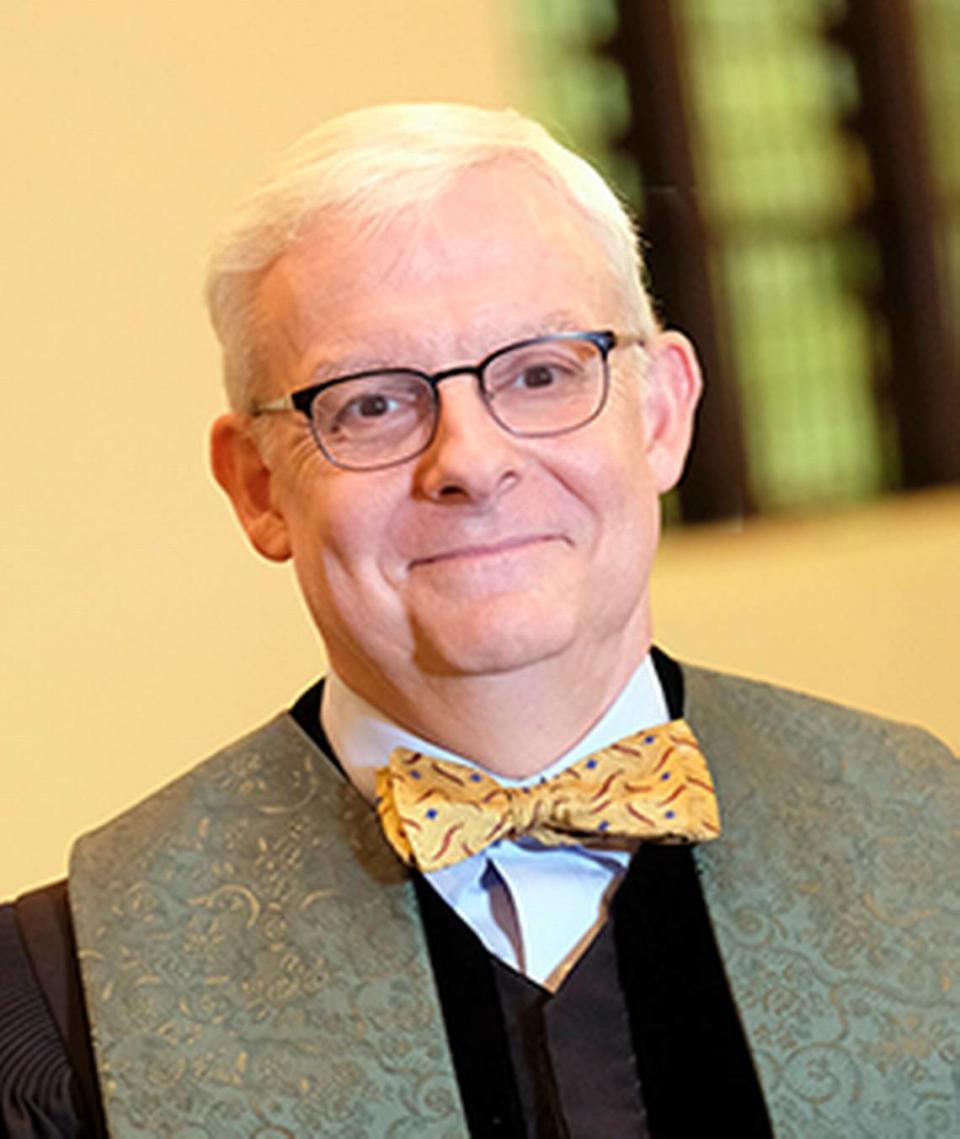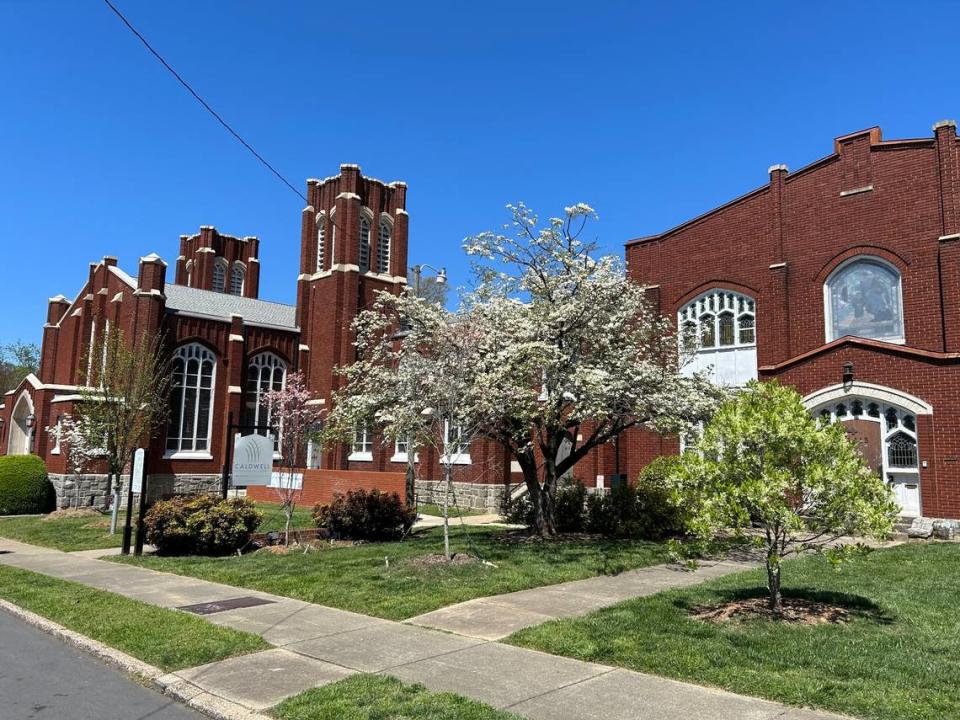Charlotte has a housing crisis. The faith community has a new answer. | Opinion
Charlotte has a housing crisis, as does the nation. Charlotte’s faith community has a new answer. Our city is at the forefront of an emerging national movement of faith-based institutions building housing on their properties.
It’s a great idea for all involved. Faith-based institutions occupy hundreds of acres in choice locations. But most are built for a different time in American Christianity, when our pews and parking lots were far more full. Many congregations strain under the weight of high property maintenance and repair costs.

Their heart for ministry hasn’t changed, but membership rolls and budgets are smaller and congregations are navigating new waters in the nation’s shifting practices of faith and spirituality. As Charlotte’s population growth and apartment construction rage on, affordable housing developers and our neighbors of all incomes need more options for housing near transportation, jobs, parks and other amenities.
The good news is that a handful of Charlotte churches have already partnered with local government, developers and philanthropists to prove that putting housing on church land not only alleviates the affordable housing crunch, it enriches their ministry.
In just the last year, Hidden Valley’s Mayfield Memorial Missionary Baptist Church and DreamKey Partners opened 51 apartments with added space for community services. Uptown’s Little Rock AME Zion Church and Laurel Street Residential opened a 105-apartment property with half of the units affordable and half at market rate.

My congregation, Caldwell Presbyterian in Elizabeth, and DreamKey are transforming a campus building into 21 studio apartments. We’re grateful for the financial support from Myers Park United Methodist, the City of Charlotte, Mecklenburg County, the North Carolina Housing Finance Agency and the Merancas Foundation who added to our contributions of money and property. Roof Above will provide supportive services that give our neighbors the attention and stability they need after experiencing homelessness.

These and other recent examples follow the lead of local Black congregations that led the way over the last three decades. That includes St. Paul Baptist and Grace Emmanuel Baptist. Each initiative serves a different slice of the population. Each helps close the city’s 35,000-unit shortage of affordable living places. Each helps make Charlotte more hospitable to those with various income levels and life circumstances. Each offers options in a city where those who do the hard and often low-paying work of our economy are pushed out to surrounding counties and towns to find housing they can afford.
As with other things our faith asks, it’s not easy work. Faith-based communities aren’t real estate developers, financiers or social workers. They need technical assistance and financial partners along with neighborhood support to overcome NIMBYism (“Not In My Back Yard”) with YIGBYism (“Yes In God’s Back Yard”).
For all these reasons, I welcome the Faith-Based Development Initiative established in January by Mayor Vi Lyles and led by City Council member LaWana Mayfield. It pledges to equip congregations with the resources, partnerships and expertise needed to navigate the complexities of affordable housing development. A May 30 Faith and Housing Summit for congregations will kick start this effort.
With a history of displacing Black, brown and lower-income residents, Charlotte has a moral call to remain livable for a diverse population. We are years and billions of dollars away from providing the housing solutions needed to be the inclusive city we all want to see. We can close the gap, but it will take everyone.
With open minds, faithful hearts, innovative spirits and the right support and partnerships, Charlotte’s congregations can create community, build belonging and find their own transformation and renewal along the way. Let’s get to work.
Rev. John Cleghorn is pastor of Caldwell Presbyterian Church. He is author of “Building Belonging: The Church’s Call to Create Community and House Our Neighbors,” to be published this fall by Westminster John Knox Press.


